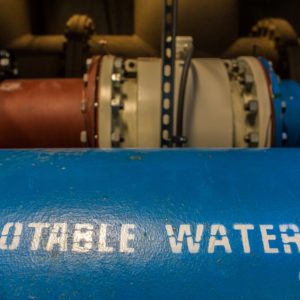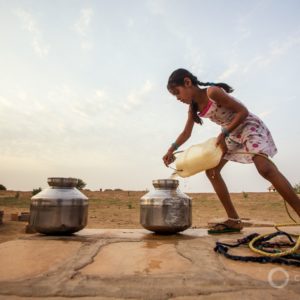The Stream, November 16: Flash Floods Kill 14 Near Athens, Greece
The Global Rundown
Flash floods near Athens, Greece, swamp neighborhoods and leave 14 people dead. Solar, wind, and hydropower projects are expected to boom throughout Africa over the next five years. In South Africa, the Western Cape implores the national government for help as drought overwhelms the province. A study of animals from Pacific Ocean trenches reveals plastic fibers in the sea creatures’ stomachs. Indigenous groups win greater recognition and increased leadership roles at the Bonn climate talks.
“This is a victory for indigenous peoples who have always been fighting for recognition of our rights as a way to protect forests and tackle climate change. This is a big advance.” –Juan Carlos Jintiach, a member of Coica, a group representing indigenous communities in the Amazon. After a history of marginalization, “first peoples” achieved official recognition of their rights and autonomy during Wednesday’s Bonn climate talks. The Guardian
By The Numbers
70 percent Amount that Sub-Saharan Africa’s renewable energy capacity is expected to grow by 2022. Demand is booming across the continent as solar, wind, and hydropower projects bring electricity to millions of Africans for the first time. Reuters
14 Number of people killed by flash floods that struck the outskirts of Athens, Greece, on Wednesday. The floods washed away vehicles, trapped people in their homes, and knocked out a section of highway. ABC News
Science, Studies, And Reports
A study led by academics from the United Kingdom’s Newcastle University analyzed animals from trenches across the Pacific Ocean and found that many have ingested plastic fibers. The contaminants, which likely came from plastic bottles, packaging, and synthetic clothing, confirm fears that plastic pollution has reached even the most remote places on earth. The Guardian
On The Radar
As drought deepens, South Africa’s Western Cape province is calling on the national government for emergency relief funds. The funds would be used for a variety of drought relief measures, including providing aid for farmers and drilling boreholes in areas that have run out of surface water. All Africa
In context: Cape Town rations water before reservoirs hit zero.
Kayla Ritter is a recent graduate of Michigan State University, where she studied International Relations and Teaching English to Speakers of Other Languages. She is currently based in Manton, Michigan. Kayla enjoys running, writing, and traveling. Contact Kayla Ritter




